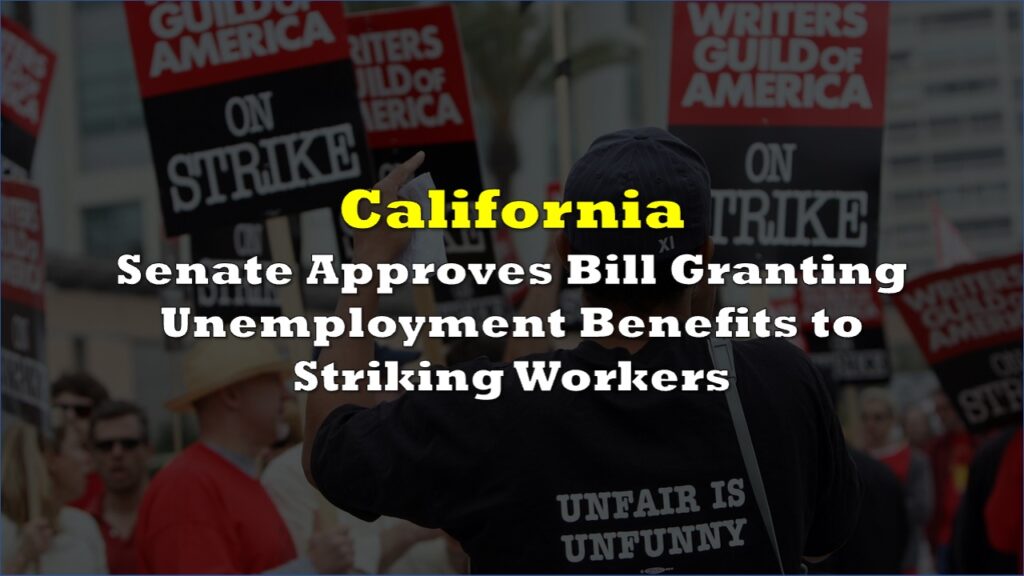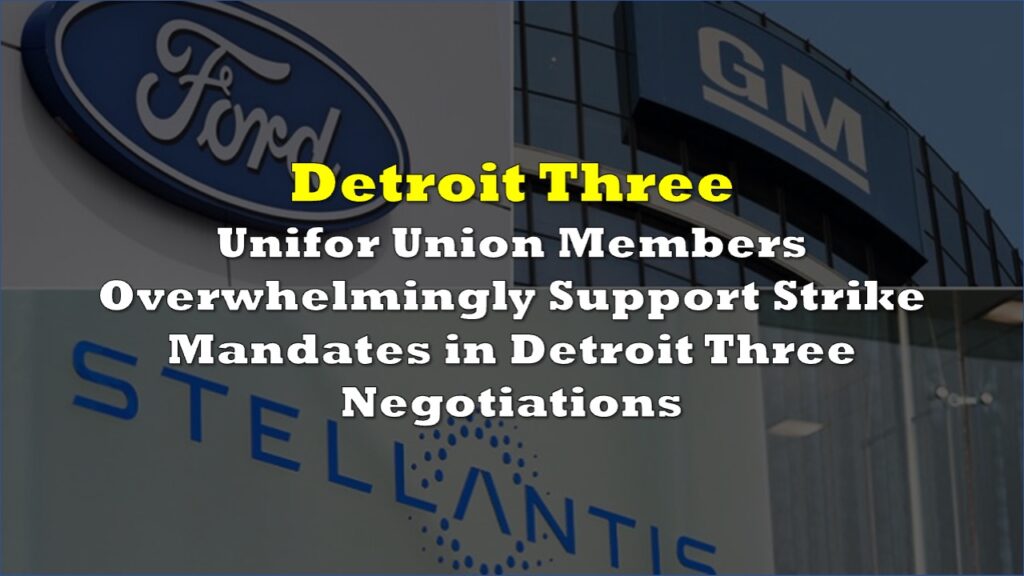In what is gearing up to be an unprecedented event, over 75,000 dedicated healthcare workers employed by Kaiser Permanente, the United States’ largest non-profit private healthcare provider, are staging a massive strike. This strike is set to become the largest healthcare labor action in American history.
The catalyst for this labor unrest stems from the expiration of the workers’ union contract over the weekend. Now, these devoted staff members are united in their demand for substantial improvements in two key areas: staffing levels and wages that adequately address the recent surge in inflation.
Henry Perez, an intensive care unit secretary at Kaiser Permanente in Modesto, California, with approximately four years of service, expressed his dismay, saying, “It just seems like there is no concern for short-staffing and patient care. It’s mind-blowing to see Kaiser Permanente, which was once an industry leader and liked to call themselves the gold standard of care, be so out of touch with employees, with their patients, and more focused on putting profits over patient care.”
The far-reaching strike will have a significant impact, affecting hundreds of facilities across several states, including California, Oregon, Washington, Colorado, Virginia, and Washington DC. The Coalition of Kaiser Permanente Unions has issued a stern warning, indicating that if no progress is made at the bargaining table in response to the strike, a longer and more extensive strike involving additional workers in Washington will be called.
“They always praised us as healthcare heroes during the pandemic and now they’re treating us like zeros by not bargaining in good faith,” said Perez.
BREAKING: Over 75,000 workers at Kaiser Permanente have launched the biggest strike in U.S. health care history.
— More Perfect Union (@MorePerfectUS) October 4, 2023
The union contract covering these vital health care workers has expired, so now they’re walking out for raises that keep up with inflation, and better patient care.
Perez, who works in an emergency care unit, shed light on the daily struggles faced by healthcare workers. There are days where he had to do the work of two, three, or four other unit assistants due to short staffing, he revealed. He went on to emphasize how this shortage has led to prolonged wait times for patients, posing a significant safety risk, particularly exacerbated by the ongoing COVID-19 pandemic.
“On top of having my unit, I will have the entire hospital, which is 102 patients I’m responsible for. It causes burnout, mental anguish, and stress. My fellow nurses and I are constantly running on fumes due to staffing,” Perez added.
Kaiser Permanente, serving a vast membership base of 12.7 million individuals across multiple states, including California, Washington, Oregon, Georgia, Hawaii, Washington DC, Maryland, and Virginia, has reported profits exceeding $3 billion in the first half of 2023. Additionally, it has paid substantial salaries, exceeding $1 million annually, to at least 49 corporate executives.
Keven Dardon, a patient access representative at Kaiser Permanente’s Sunnyside medical center in Clackamas, Oregon, with 14 years of experience, noted that prior to the COVID-19 pandemic, his department boasted a staff of around 60 employees. However, budget cuts have led to a reduced workforce of fewer than 40, resulting in extensive wait times and appointment delays for patients.
Dardon emphasized, “It’s really taken a toll in the hospital setting and in the medical offices that we have here. That’s what we’re fighting for. Our frontline employees are demanding Kaiser Permanente executives come to the table. We’ve proposed the things that would fix the staffing issue, we’ve made tons of proposals, but because our executives just aren’t listening to us, they are just not coming to the table to even entertain those proposals.”
Jeffrey Melara, a teleservice representative for Kaiser Permanente in Sacramento, California, argued that despite the healthcare provider’s growing membership, staffing levels have failed to keep pace with the demand. “We want our patients to be safe, and we want them to receive the best care they need,” said Melara. “No one wants to go on strike, but we must stand in solidarity because the executives, who are making millions of dollars, aren’t considering anyone else but their own profits and wage increases, neglecting both patients and staff.”
In response to these grievances, a spokesperson for Kaiser Permanente asserted that the organization leads in total compensation across all markets where it operates and disputed the claims of a staffing crisis made by workers and the union.
“Despite the acute shortage of healthcare workers nationally, we have been able to hire more than 50,000 frontline employees in the last two years: 29,000 people in 2022, and another 22,000 so far this year. Included in this year’s new hires are more than 9,800 people hired into jobs represented by the coalition,” the spokesperson stated in an email.
They also noted that negotiations with the coalition are ongoing to avert a strike and that contingency plans are in place to ensure continued patient care during the strike action.
Information for this story was found via The Guardian and the sources mentioned. The author has no securities or affiliations related to the organizations discussed. Not a recommendation to buy or sell. Always do additional research and consult a professional before purchasing a security. The author holds no licenses.









